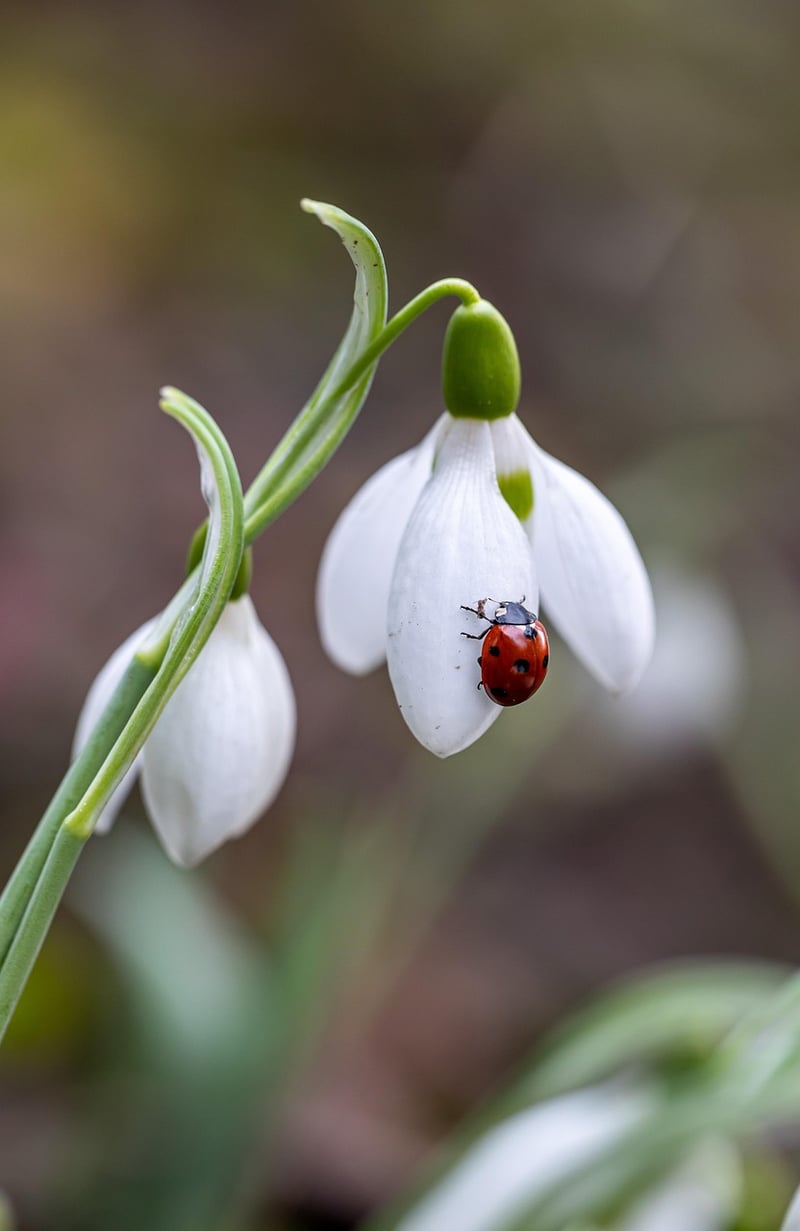Pest Control
Keeping Your Vertical Garden Thriving and Pest-Free
Tips for Maintaining a Healthy Vertical Garden
Vertical gardens are a great way to add greenery to small spaces or create a living wall as a striking design feature. To keep your vertical garden looking lush and vibrant, follow these essential tips:
1. Choose the Right Plants
Opt for plants that thrive in vertical environments, such as succulents, ferns, ivy, and herbs. Make sure to select plants that have similar light and water requirements to simplify maintenance.
2. Provide Adequate Light
Position your vertical garden where it can receive sufficient natural light or supplement with grow lights if needed. Different plants have varying light needs, so be mindful of their requirements.
3. Water Regularly
Check the moisture levels of your vertical garden frequently, as they can dry out faster than traditional gardens. Use a watering can or a drip irrigation system to ensure all plants receive adequate hydration.
4. Prune and Trim
Regularly prune dead leaves and trim overgrown branches to encourage healthy growth and prevent disease. Keep an eye out for any signs of pest infestation while tending to your plants.
Effective Pest Control for Vertical Gardens
1. Neem Oil Spray
Make a solution of neem oil and water to spray on your plants. Neem oil is a natural insecticide that can help deter pests like aphids, mites, and whiteflies without harming beneficial insects.
2. Introduce Beneficial Insects
Ladybugs, lacewings, and predatory mites are natural predators of common garden pests. Introduce these beneficial insects to your vertical garden to help control pest populations organically.
3. Diatomaceous Earth
Sprinkle food-grade diatomaceous earth around the base of your plants to create a barrier against crawling insects. Diatomaceous earth is a natural and safe way to deter pests like ants and beetles.
4. Companion Planting
Grow pest-repelling plants alongside your ornamentals to deter insects naturally. For example, planting marigolds can help repel aphids and mosquitoes, while basil can deter flies and mosquitoes.
By following these tips for maintaining a healthy vertical garden and implementing effective pest control measures, you can ensure your living wall remains vibrant and pest-free for you to enjoy.


